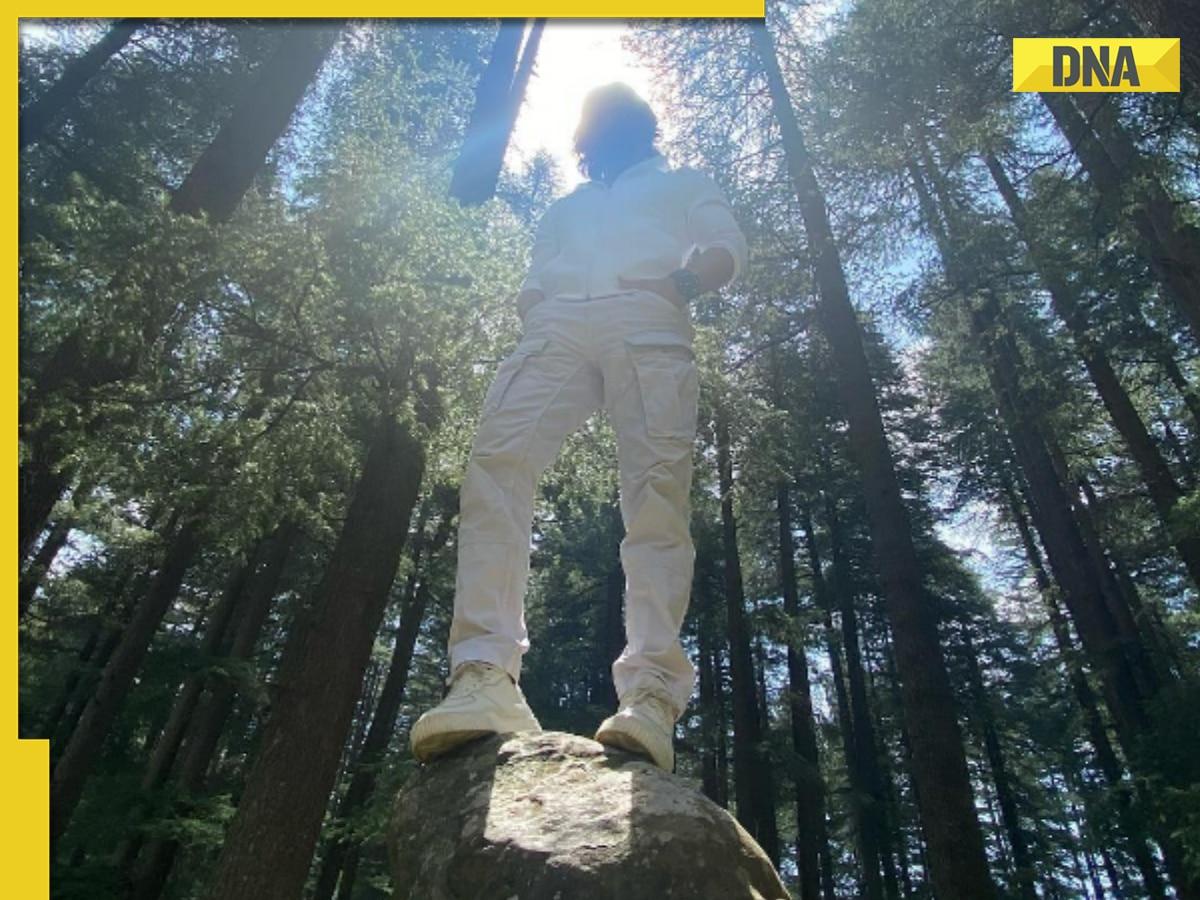
Born on August 11, 1961, in Mangalore, Suniel Shetty’s journey into the film industry began in 1992 with his debut in “Balwaan.” Emerging as an action star in the 1990s, Shetty’s esteemed career boasts over a hundred films to his name, with iconic roles in movies such as “Mohra,” “Dhadkan,” “Hera Pheri,” “Border,” and “Main Hoon Na.” But away from the glitz and glamour of Bollywood, there lies a lesser-known chapter of his life, marked by immense bravery and compassion. In 1996, Suniel Shetty played a pivotal role in rescuing 128 Nepalese women from the clutches of sex trafficking in Mumbai and ensuring their safe return to Nepal.
This astounding story came to light 24 years later, in 2020, through a documentary by the digital media company Vice, which delved into the Nepalese Human Trafficking Industry. The 24-minute video featured Charimaya Tamang, the founder of Shakti Samuha, a Nepalese organization committed to helping survivors of sex trafficking. Tamang recalled her harrowing experience of being trafficked to India and her subsequent rescue, giving credit to Suniel Shetty for his crucial support.
Tamang recounted the rescue operation conducted on February 5, 1996. “The whole of Kamathipura, the brothel area, had been cordoned off by police and social workers. They got us out of there. This is how we were rescued,” she said. However, their ordeal did not end there. The Nepalese government refused to repatriate the women, citing the absence of birth certificates or citizenship cards. “That is when your film hero, Suniel Shetty supported us. He got plane tickets to Kathmandu for 128 women who had been rescued,” Tamang revealed.
After the story surfaced, Suniel Shetty spoke about the incident, clarifying that it wasn’t a solo endeavor but a collaborative effort involving the police, social workers, and his mother-in-law, Vipula Kadri, who runs the NGO Save The Children. Speaking to Bollywood Hungama in 2020, Shetty said, “We didn’t really think about the price of flight tickets. The cost was not that important. It was the effort that counted. My mother-in-law started the ‘Save The Children’ NGO and it’s active even today. All of us are involved in it.
. The inspiration comes from her.”
He emphasized the risks his mother-in-law took, stating, “She was the one who decided to take the risk of rescuing the girls and thereby getting into the bad books of the mafia. I used to passionately and closely work with her.” Shetty also acknowledged the crucial contributions of Mumbai Police and Naresh Goyal’s Jet Airways in the operation. “My name, however, comes to the fore, possibly because I am an actor. So more than the others, the rescued girls tend to remember me more,” he noted.
When asked why he kept the entire episode a secret for over two decades, Shetty responded, “Firstly, we didn’t want to glorify ourselves. It was not right as these girls were involved. Secondly, the operation had to be carried out at a very low profile. Hence, nobody even knew about this incident. Nobody – neither me nor my mother-in-law nor Naresh Goyal or Mumbai Police – decided to speak about it for the safety of the girls.”
While Suniel Shetty’s contributions to Indian cinema are well-celebrated, this remarkable act of kindness and bravery unveils another facet of his personality, one driven by a deep commitment to humanitarian causes. His actions inspired and saved lives, far beyond the silver screen.
Meanwhile, on the professional front, Shetty continues to captivate audiences with his performances. He is set to appear in the upcoming film “Welcome To The Jungle,” the third installment in the popular “Welcome” franchise. The film features an ensemble cast, including Akshay Kumar, Arshad Warsi, Paresh Rawal, Raveena Tandon, Lara Dutta, Jacqueline Fernandez, and Disha Patani, among others. Initially planned for a Christmas 2024 release, the film has been postponed to next year, much to the anticipation of fans.
In conclusion, Suniel Shetty’s off-screen heroism serves as a powerful reminder of the impact individuals can make when they take a stand against injustices. His actions in 1996 not only provided immediate relief to the victims but also set a precedent for future efforts against human trafficking. As the world slowly unveils such heroic tales, one can only hope that more such stories inspire actions leading towards a safer and just society.












